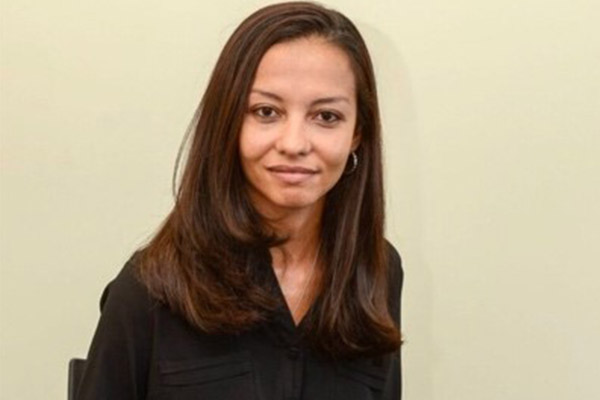AESA PROGRAMMES
- Building R&D Infrastructure
- Developing Excellence in Leadership, Training and Science in Africa (DELTAS Africa)
- Human Heredity and Health in Africa (H3Africa)
- Africa’s Scientific Priorities (ASP)
- Innovation & Entrepreneurship
- Grand Challenges Africa
- Grand Challenges Innovation Network
- Rising Research Leaders/Post-Docs
- AESA RISE Postdoctoral Fellowship Programme
- African Postdoctoral Training Initiative (APTI)
- Climate Impact Research Capacity and Leadership Enhancement (CIRCLE)
- Climate Research for Development (CR4D)
- Future Leaders – African Independent Research (FLAIR)
- Critical Gaps In Science
- Clinical Trials Community (CTC)
- Community & Public Engagement
- Mobility Schemes: Africa-India Mobility Fund
- Mobility Schemes: Science and Language Mobility Scheme Africa
- Research Management Programme in Africa (ReMPro Africa)
- Science Communication/Africa Science Desk (ASD)
- Financial Governance: Global Grant Community (GGC)
- AAS Open Research
- CARI Programmes
- Evidence Leaders Africa (ELA)

News
But adolescents die and that's why I wanted to do this research!

165
But adolescents die and that's why I wanted to do this research!
Nicole De Wet, CARTA Cohort One fellow, has been feted for her work in identifying risk factors that compromise adolescent survival.
The award, 200 Young South Africans 2018 by the Mail and Guardian (M&G), for young people who are a guiding light for South Africa is driven by her desire to see more young people ages 10-19 years, survive.
This is because, the fellow from the University of the Witwatersrand believes and has confirmed in her research, that disease remains the “largest contributor to adolescent mortality” in South Africa.
|
“Adolescents are predominantly affected by infectious disease (including but not limited to HIV and AIDS) but also there is a prevalence of non-communicable diseases, which seems to be increasing. Most notably, diabetes and obesity among females more than males,” she said.
Her doctoral work focused on adolescent survival, which she believes is important on two fronts.
“First, the health and survival of adolescents is key to our social and economic growth. Second, disease in adolescents is associated with their environments (households and communities),” she added.
Therefore, she argues, to keep adolescents alive and healthy, issues related to their environments need to be addressed. These include but are not limited to poverty, household structure, availability and access to resources.
Her interest in this area was because adolescent survival was a neglected topic largely because adolescents (10-19 years old) have mostly been regarded as children or youth.
However, she clarifies, this transitional stage requires specific intervention because they are still dependent although not entirely. As such adolescent studies, which focus on sexual behaviour and health, education and many other outcomes have been done. However, since deaths among this age group is relatively low, adolescent mortality has not been a focal point of research.
“But adolescents die and that's why I wanted to do this research!”
She is currently working on non-communicable diseases among adolescents and hopes to have results by the end of this year.
“We need to better understand the risk factors of non-communicable diseases among adolescents to prevent any further increases in the occurrence of these illness in this age group,” she concludes.
The M&G's 200 Young South Africans 2018 list highlights the country’s best and brightest under 35s in 12 different fields such as arts & entertainment, civil society, science and technology, politics among others.
Each year the Mail & Guardian profiles interesting young people who have stood out from the pack and who show us what to look forward to in the country’s future. These under-35s are talented and have shown themselves to be leaders.